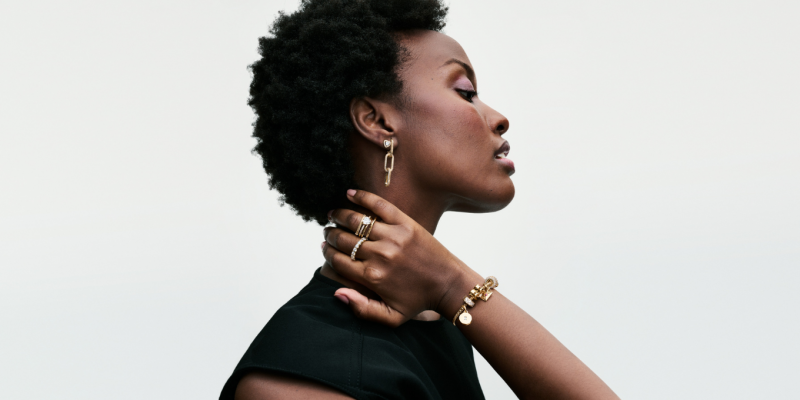Life and Love
Relationship trend: The stayover relationship
Get the comfort without the commitment? What twenty-something daters are doing in droves when it comes to relationships.
by : Jen Kirsch- Aug 6th, 2011

It’s a weeknight and a work night. After you and your man have spent some post-work “us” time, you call it a day. With no words uttered, the two of you crawl in to his bed, as he turns off the lights. This is the fourth night in a row that you’ve had a sleepover. Though you have a place of your own, the two of you find comfort (and convenience) in spending several nights a week together, happy with your arrangement. In the morning, you grab your toothbrush and head home to start your day. Welcome to the new dating frontier: the Stayover Relationship.
According to a recent study published in the Journal of Social and Personal Relationships, couples from age 18 to 29 often spend three or more nights a week at the home of their partner on a long-term basis rather than officially cohabitate together. The stayover relationship is a living arrangement that happens organically, making the arrangement easier and less daunting for both partners, as opposed to a move in. Even famous committed couples, such as Cameron Diaz & Alex Rodriguez, have yet to cohabitate – could they be simply maintaining a stayover relationship as well?
Tyler Jamison, a University of Missouri doctoral candidate and researcher in the department of human development and family studies in Columbia, Mo., conducted interviews among college-educated adults who were in committed, exclusive relationships. She found that although living together before marriage has become the norm, many young adults want to avoid the potential negative consequences of cohabitation altogether. “This seems to be a pretty stable and convenient middle ground between casual dating and more formal commitments like living together and getting married,” says Jamison. “As soon as couples live together, it becomes more difficult to break up,” she adds. “At that point, they have probably signed a lease, bought a couch and acquired a dog, making it harder to disentangle their lives should they break up. Staying over doesn’t present those entanglements.”
The perks and downfalls of a stayover relationship on the next page … The perks:
Pluses of stayover relationships include financial independence between partners, the opportunity to have independence and more accountability. For instance, since the person staying over is like a guest, they tend to clean up after themselves, they don’t show up unannounced and you still get the luxury of having things done your way within your place.

The downfall:
While this type of relationship can be mutually beneficial, it can also be the doorway to poor communication and feelings of resentment. While one partner thinks this arrangement a gateway to marriage, the other might feel they are biding their time until someone better comes along. With this type of arrangement, it is easy to avoid the complicated talks about the future commitment and it is easy for things to stay status quo. If your hope or plan is to eventually move in together down the road, it’s important to set boundaries and ensure you are both on the same page. Establish a reasonable check-in date where you both, as a couple, can re-approach the topic of making things more official.
Little is known about the effects of stayover relationships on future commitment decisions or marriage. What is known, however, is that things often work out better when there is no expectations. When you provoke pressure, it often backfires. So embrace this stage of dating, but be mindful not to get too comfortable with your arrangement. After all, relationships are about growth.
Read more:
Does your relationship need a cleansing? Find out here!
Boudoir boredom: How to bring back the love
Why men cheat
Newsletter
Join our mailing list for the latest and biggest in fashion trends, beauty, culture and celebrity.
More from Life and Love
Read Next

Fashion
H&M's Latest Designer Collab With Rokh Just Dropped (And It's So Good)
We chatted with the emerging designer about the collaboration, his favourite pieces and more.
by : Melissa Fejtek- Apr 18th, 2024

Culture
5 Toronto Restaurants to Celebrate Mother’s Day
Treat your mom right with a meal at any of these amazing restaurants.
by : Rebecca Gao- Apr 18th, 2024

Fashion
This Jewellery Brand Has a Whole New Look And It’s Everything
Here are the seven pieces we’re coveting.
by : ELLE Canada- Apr 10th, 2024




